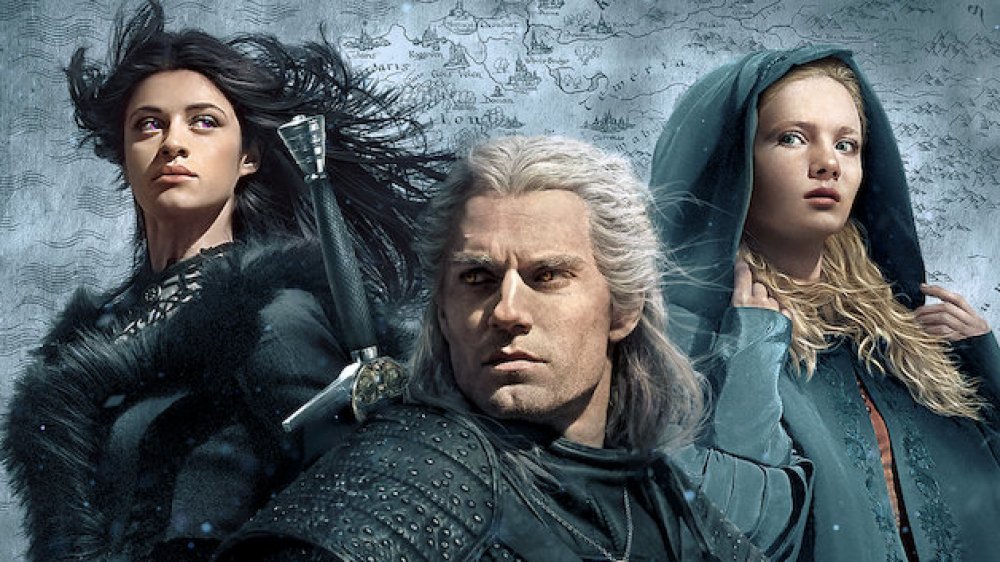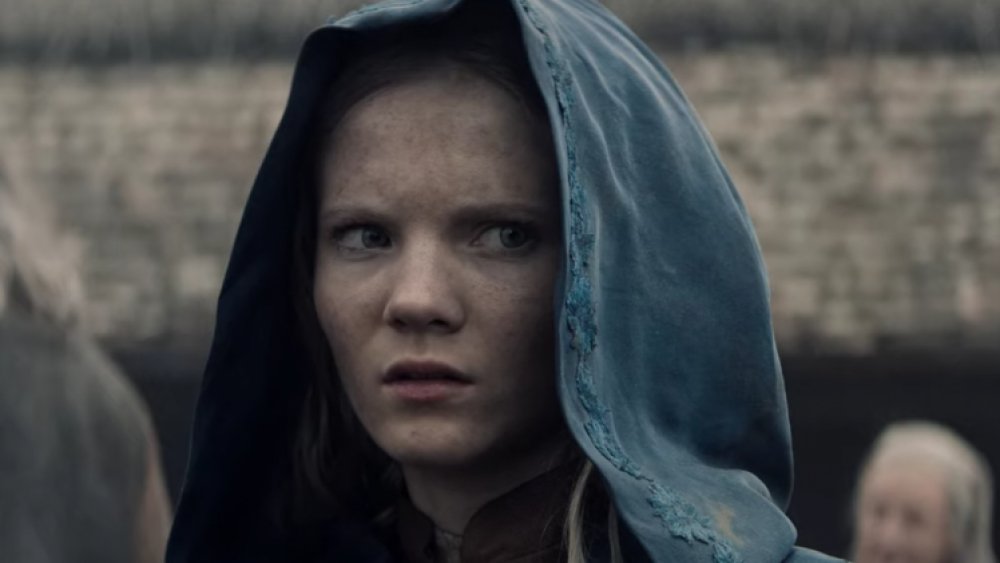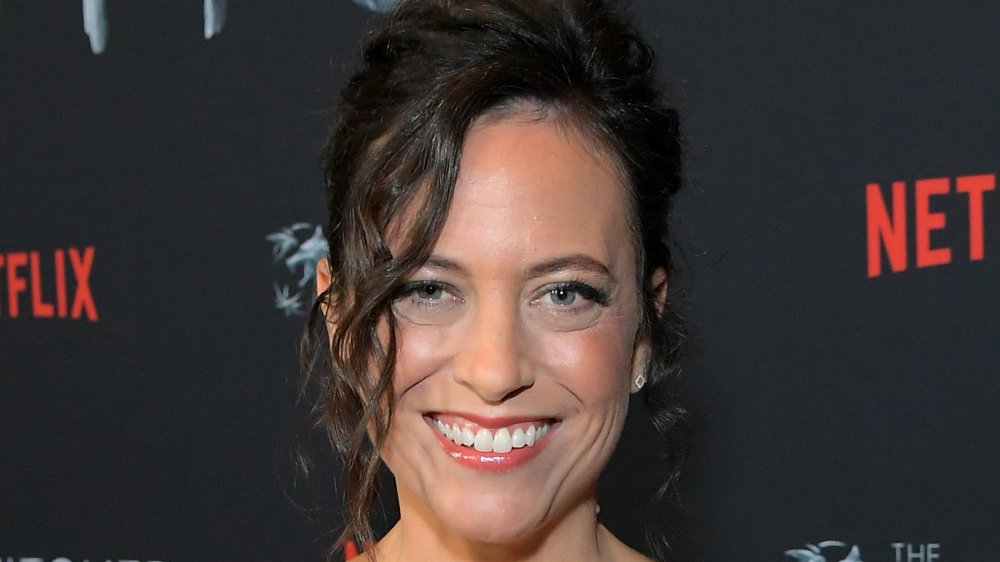The Witcher Showrunner Shares Original Pitch From 2017
The Witcher's showrunner Lauren Hissrich spends a surprising amount of time on the subreddit dedicated to the Netflix show, interacting with the fandom. Recently, she was feeling nostalgic and posted a screenshot of her original pitch as submitted to Netflix brass in 2017 in hopes of getting the show greenlit for production.
A show's pitch is the ultimate first draft: the most basic narrative concepts laid out for potential producers. In her pitch for The Witcher, Hissrich mentioned right off the bat that she wanted the series to proceed in a non-linear fashion, with multiple storylines that eventually converge, which was a bold method to present from the get-go. Every year, it seems that the public drifts further from demanding its television in a strict, linear episodic format — but Hissrich's intentions for The Witcher might still have made the average, staid studio executive nervous, even though the source novels did present the story this way originally.
Even in this initial description, one can clearly see the bones of what eventually went live on Netflix; Hissrich's vision, even from the first, is impressively evident, and her passion for the characters is tangible. As one would naturally expect, however, it's not quite the same thing that we received, and to get a glimpse of a teeny bit of the production process presents an interesting perspective.
Major changes were made to the character of Ciri in The Witcher
All art evolves, but film and television in particular rely on evolution as part of the developmental process. As such, the initial pitch Hissrich made underwent significant modification as she began hammering out what the show would actually look like after her pitch was approved.
Perhaps the biggest change came due to the realities of the industry: the aging up of Ciri, who is portrayed on the show by Freya Allan. Pre-teen children are subject to a lot of specific labor laws in the U.S., which would have complicated the filming schedule; this is likely the reason that Allan was cast (she was 16 when she joined the series) rather than a younger actor.
It also seems that Hissrich was perhaps a bit too ambitious and excited by the unique format, which led to her writing a pilot which was entirely too long (she describes her first draft as an accidental feature film, rather than a television episode) and a little too unnecessarily secretive. Hissrich originally intended to keep the nature of the relationship between Geralt and Ciri a secret "for at least a few episodes," but she admitted in her Reddit post that the interweaving timelines (as seen in the final product) obscure the plot point, which we'll refrain from spoiling here, effectively enough.
Fans appreciate The Witcher showrunner's engagement
Hissrich's interest in communicating so directly with the fandom is a unique one for a showrunner. It's rare to see an original pitch document, especially so soon after a series' release. Being so forthcoming about the process is a high-risk, high-reward gambit; fans' fickle relationship with the producers of shows and movies based on established properties usually results in a very hands-off approach from content creators, and disaster has occurred in the past as a result of said creators flying too close to the fandom sun.
Hissrich, however, simply seems intent on explaining herself as transparently as possible, and in the process she's revealed to fans that she's pretty much just one of them (albeit one who got lucky enough to bring The Witcher to the screen). Although the Witcher video game series is a popular and well-known one, the property was an unknown quantity as far as mainstream television goes — which means that anyone into the franchise in "I-liked-it-before-it-was-cool" fashion likely had very specific tastes and demands of the screen adaptation, simply because their imagination has filled in so many gaps that the novels and video games cannot.
Fortunately, Hissrich seems to recognize that — hence her open, sharing attitude toward explaining the changes she has made for both technical and creative reasons. The fans, in turn, have respected those choices because of her openness; many responses to her original thread thanked her for her willingness to engage in such a direct way. We can only hope this trend of goodwill continues into the second season of The Witcher and beyond, perhaps teaching other fandoms that their favorite properties going mainstream doesn't always have to end in outrage and endless second-guessing.


